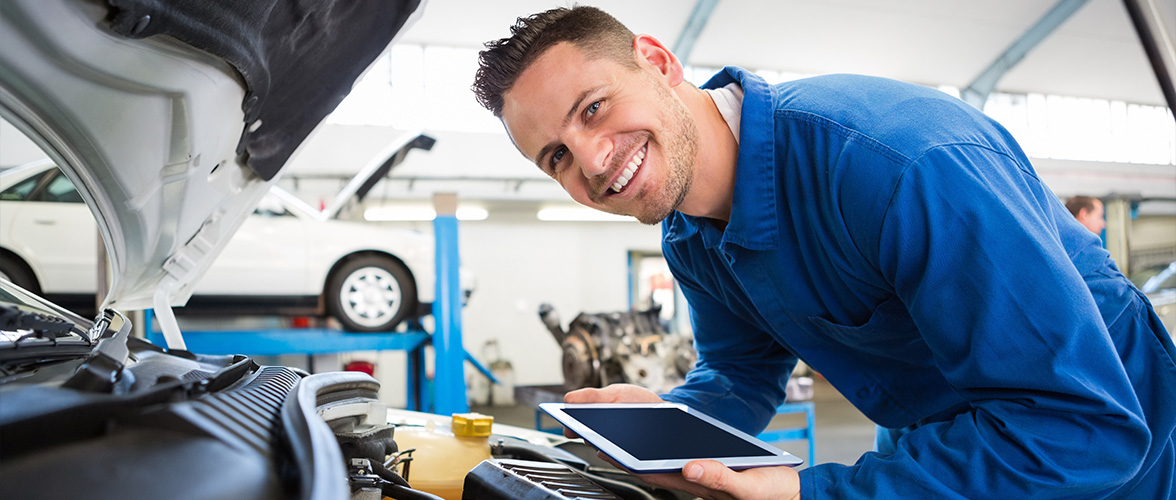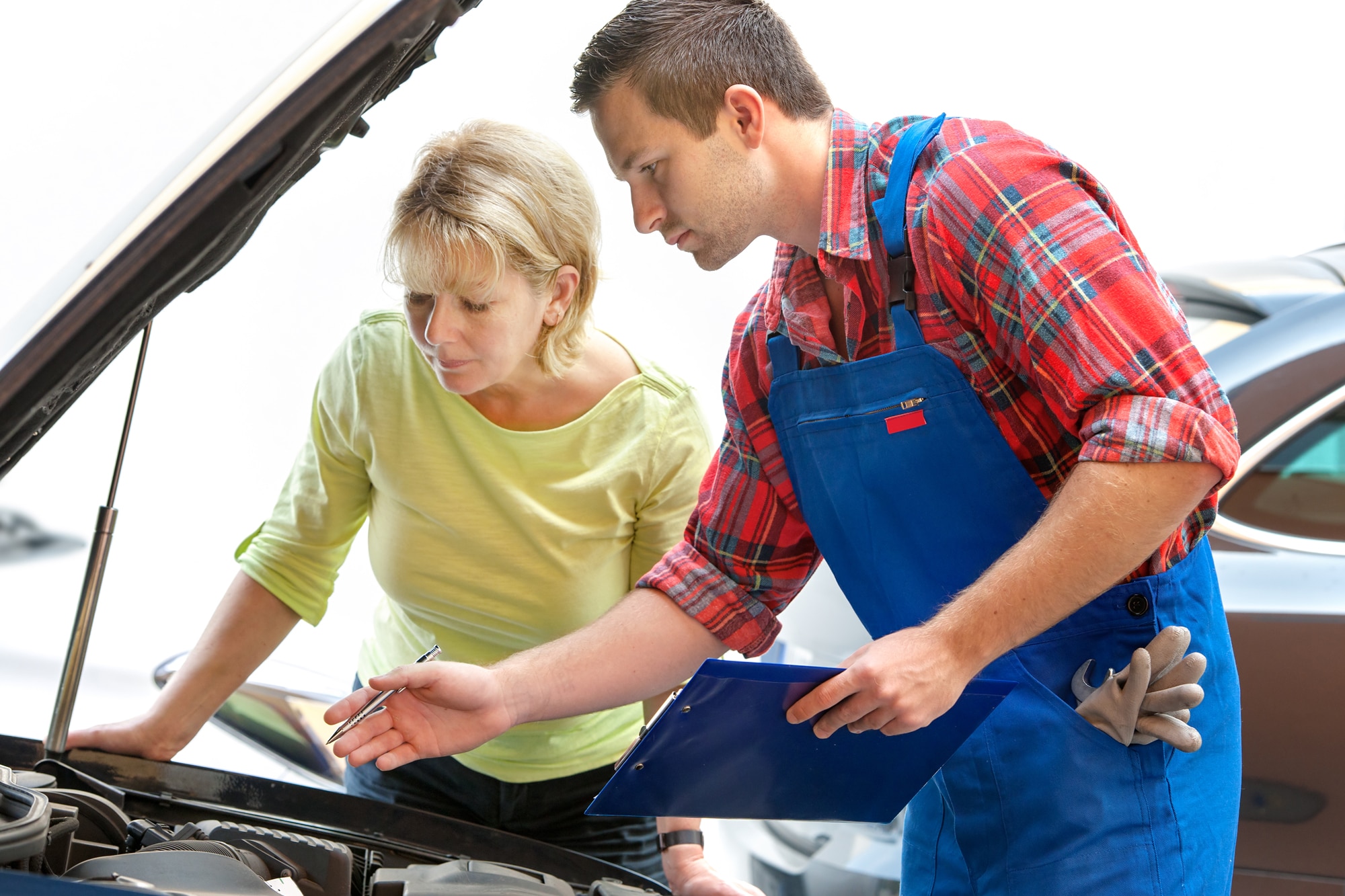All Categories
Featured
When your car gets too hot, it can seem like a major emergency, but staying tranquil and following the best steps can protect against severe engine damages and assistance obtain you back when traveling securely. In this blog post, we'll explore what to do if your auto overheats and provide preventative suggestions to minimize the risk of overheating in the future.
If Your Auto Overheats,What to Do. If your auto starts to get too hot is to draw over to a safe spot as soon as feasible, pull Over to a Safe Location The initial and most vital action. Turn on your hazard lights and lead your vehicle to the shoulder or right into a parking area. Keeping your cars and truck running while it's overheated can create severe damage to the engine, so it's crucial to close the engine off today.
Allow the Engine Cool Once you've securely quit, allow the engine to cool. You ought to never ever try to open the radiator cap while the engine is still hot, as the launch of vapor or hot coolant can cause burns. Wait a minimum of 15-20 minutes to allow the engine temperature to drop to a more secure degree prior to continuing.
![]()
Inspect the Coolant Level After the engine has cooled, check the coolant levels by inspecting the tank or radiator. Leading it off with a mix of coolant and water (as defined by your vehicle's producer) if it's low. Always use care when opening up the coolant tank, as pressure may have built up.
Try To Find Visible Leaks While you await the engine to cool, visually evaluate the radiator, hoses, and coolant storage tank for any type of visible leaks or splits. A dripping radiator or hose pipe is a common reason for getting too hot. It's far better to call a tow solution than danger driving better and triggering extra damage. if you locate a substantial leak.
Restart the Engine After permitting the engine to cool and making certain the coolant is rounded off, start the engine and keep an eye on the temperature level scale. If the temperature level proceeds to rise rapidly, it's finest to close the engine off and require roadside help or a tow to the local auto mechanic.
![]()
Exactly How to Avoid Getting Too Hot in the Future. Consistently Inspect Coolant Degrees Among the easiest ways to prevent overheating is by maintaining the ideal degree of coolant. Gradually, coolant can evaporate, so on a regular basis examine the coolant degrees in the tank. Reduced coolant levels can create the engine to overheat swiftly, so leading it off as required.
Examine the Radiator The radiator plays a critical function in maintaining the engine cool. Regularly check the radiator for any kind of obstructions, dirt, or debris that might obstruct airflow. If you notice any kind of indications of damages, such as rust or leakages, have it repaired or changed as soon as feasible.
The thermostat controls the circulation of coolant, while the water pump distributes it via the engine. If either part is faulty, it can protect against correct air conditioning.
Flush the Air conditioning System With time, coolant can deteriorate and become inadequate, causing an accumulation of particles in the system. Flushing the air conditioning system every 30,000 miles, or as recommended in your car's manual, assists to remove any kind of sludge or buildup and makes certain the cooling system is operating appropriately.
Display the Problem of the Hose pipes The hoses in your vehicle's air conditioning system can wear or split gradually. Evaluate the hoses for any type of indicators of wear, such as bulging, cracks, or leaks, and replace them if needed. Stopping coolant leakages can go a lengthy method in avoiding overheating.
![]()
Drive Responsibly Hostile driving, such as speeding up swiftly or driving at high rates, places extra stress on your engine and its cooling system. Attempt to drive at moderate rates, particularly on hot days or when driving on steep inclines, to reduce the opportunities of getting too hot.
Prevent Overloading Your Automobile Bring extreme weight in your car puts stress on the engine and cooling system. Constantly bear in mind your vehicle's weight restriction, especially if you're transporting hefty loads, hauling a trailer, or driving fars away in heat.
Verdict. An overheating vehicle can be a frightening experience, however recognizing exactly how to respond and stop it can save you time, money, and possible engine damages. Constantly examine your coolant degrees, examine vital components like the radiator, thermostat, and hose pipes, and adhere to a routine upkeep timetable. By remaining on top of your car's air conditioning system, you can minimize the danger of overheating and take pleasure in a smoother, more secure driving experience.
If Your Auto Overheats,What to Do. If your auto starts to get too hot is to draw over to a safe spot as soon as feasible, pull Over to a Safe Location The initial and most vital action. Turn on your hazard lights and lead your vehicle to the shoulder or right into a parking area. Keeping your cars and truck running while it's overheated can create severe damage to the engine, so it's crucial to close the engine off today.
Allow the Engine Cool Once you've securely quit, allow the engine to cool. You ought to never ever try to open the radiator cap while the engine is still hot, as the launch of vapor or hot coolant can cause burns. Wait a minimum of 15-20 minutes to allow the engine temperature to drop to a more secure degree prior to continuing.

Inspect the Coolant Level After the engine has cooled, check the coolant levels by inspecting the tank or radiator. Leading it off with a mix of coolant and water (as defined by your vehicle's producer) if it's low. Always use care when opening up the coolant tank, as pressure may have built up.
Try To Find Visible Leaks While you await the engine to cool, visually evaluate the radiator, hoses, and coolant storage tank for any type of visible leaks or splits. A dripping radiator or hose pipe is a common reason for getting too hot. It's far better to call a tow solution than danger driving better and triggering extra damage. if you locate a substantial leak.
Restart the Engine After permitting the engine to cool and making certain the coolant is rounded off, start the engine and keep an eye on the temperature level scale. If the temperature level proceeds to rise rapidly, it's finest to close the engine off and require roadside help or a tow to the local auto mechanic.

Exactly How to Avoid Getting Too Hot in the Future. Consistently Inspect Coolant Degrees Among the easiest ways to prevent overheating is by maintaining the ideal degree of coolant. Gradually, coolant can evaporate, so on a regular basis examine the coolant degrees in the tank. Reduced coolant levels can create the engine to overheat swiftly, so leading it off as required.
Examine the Radiator The radiator plays a critical function in maintaining the engine cool. Regularly check the radiator for any kind of obstructions, dirt, or debris that might obstruct airflow. If you notice any kind of indications of damages, such as rust or leakages, have it repaired or changed as soon as feasible.
The thermostat controls the circulation of coolant, while the water pump distributes it via the engine. If either part is faulty, it can protect against correct air conditioning.
Flush the Air conditioning System With time, coolant can deteriorate and become inadequate, causing an accumulation of particles in the system. Flushing the air conditioning system every 30,000 miles, or as recommended in your car's manual, assists to remove any kind of sludge or buildup and makes certain the cooling system is operating appropriately.
Display the Problem of the Hose pipes The hoses in your vehicle's air conditioning system can wear or split gradually. Evaluate the hoses for any type of indicators of wear, such as bulging, cracks, or leaks, and replace them if needed. Stopping coolant leakages can go a lengthy method in avoiding overheating.

Drive Responsibly Hostile driving, such as speeding up swiftly or driving at high rates, places extra stress on your engine and its cooling system. Attempt to drive at moderate rates, particularly on hot days or when driving on steep inclines, to reduce the opportunities of getting too hot.
Prevent Overloading Your Automobile Bring extreme weight in your car puts stress on the engine and cooling system. Constantly bear in mind your vehicle's weight restriction, especially if you're transporting hefty loads, hauling a trailer, or driving fars away in heat.
Verdict. An overheating vehicle can be a frightening experience, however recognizing exactly how to respond and stop it can save you time, money, and possible engine damages. Constantly examine your coolant degrees, examine vital components like the radiator, thermostat, and hose pipes, and adhere to a routine upkeep timetable. By remaining on top of your car's air conditioning system, you can minimize the danger of overheating and take pleasure in a smoother, more secure driving experience.
Latest Posts
Find the Greatest Auto Repair Offers in Montclare, Chicago
Published May 27, 25
1 min read
Uncover Cost-Effective Auto Repairs with Montclare’s Exclusive Service Specials
Published May 25, 25
1 min read
Understanding Roof Covering Guarantees: What Homeowners Need To Know
Published May 24, 25
1 min read